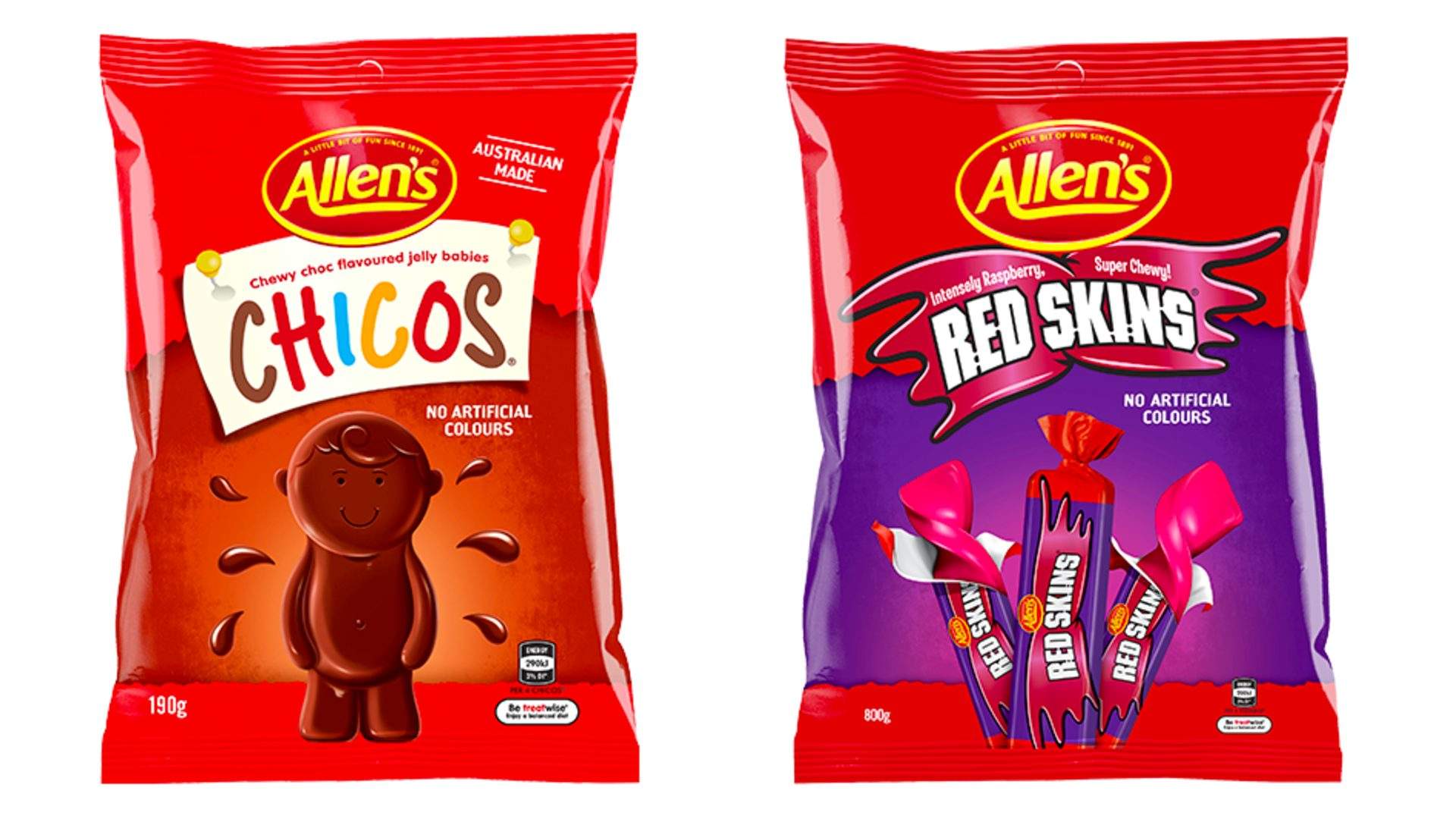Nestle Has Announced It Will Rename Two Classic Lollies in the Wake of Black Lives Matter
Both controversial Allen's lollies have names with racist overtones.
With racially motivated discrimination, oppression and injustice in the global spotlight over the past few weeks, one confectionery company has taken the opportunity to rebrand two of its lollies that have names with racist overtones.
Nestlé has announced it will rename its chewy red lollies, currently called Redskins, an antiquated and derogatory term for Native Americans, and its chocolate-flavoured, people-shaped Chicos, which means 'children' in Spanish and is considered offensive to people of Latin American descent.
In a statement released today, on Tuesday, June 23, Nestlé said it will change the names of the two lollies and "acknowledges the need to ensure that nothing we do marginalises our friends, neighbours and colleagues. These names have overtones which are out of step with Nestlé's values, which are rooted in respect," the statement said.
New names have not yet been finalised, according to the company, but it is moving to change them "quickly".
Race and discrimination is a subject that always demands action and attention, both worldwide and within Australia, however, it's been particularly thrust to the fore due to the ongoing Black Lives Matter movement, and protests over the death of American George Floyd at the hands of a police officer — as well as, at the local level, the ongoing fight to end the systemic mistreatment of Aboriginal and Torres Strait Islander peoples and Māori by law enforcement.
A similar long-running debate about the offensiveness of the Washington Redskins NFL team has ramped up again in the US, too, with The Washington Post calling on the team's owner Daniel Snyder to change the name in an editorial published earlier this week.
Calls for Nestlé to change the names of its two products, which are manufactured in New Zealand and Australia under the company's Allen's brand, also isn't new — with the debate raging when they were featured in a 2013 episode of MasterChef Australia — and they're not the only controversially named product on Australia supermarket shelves, either.





